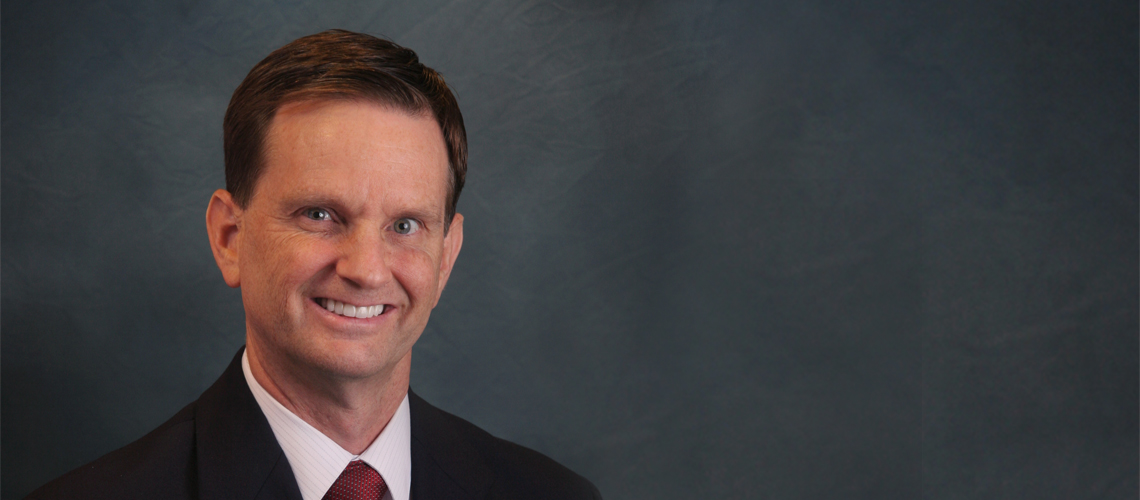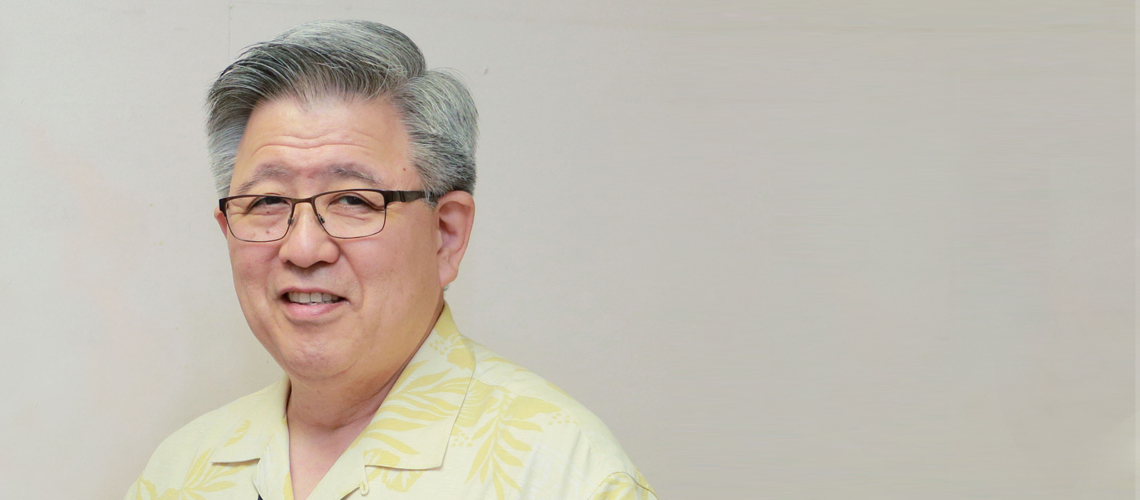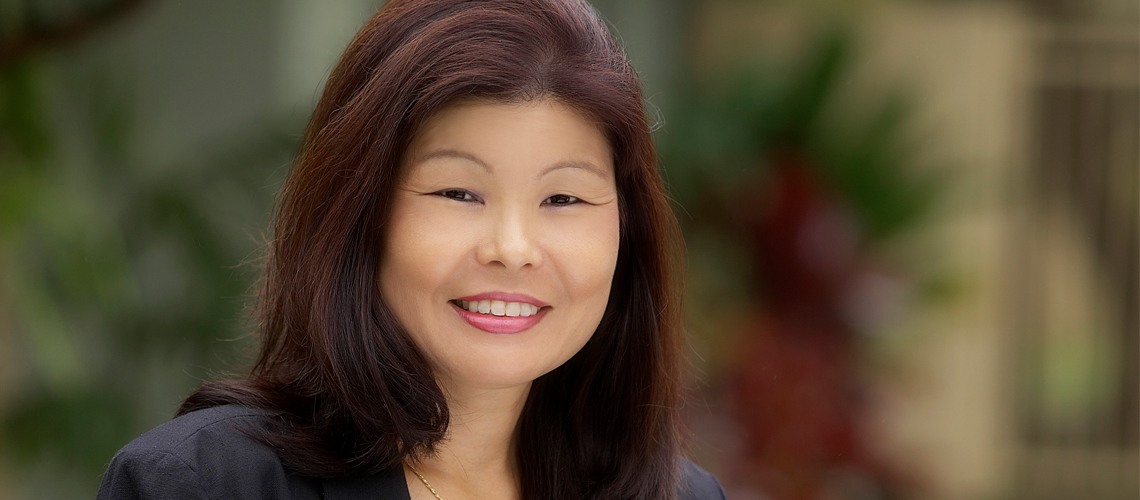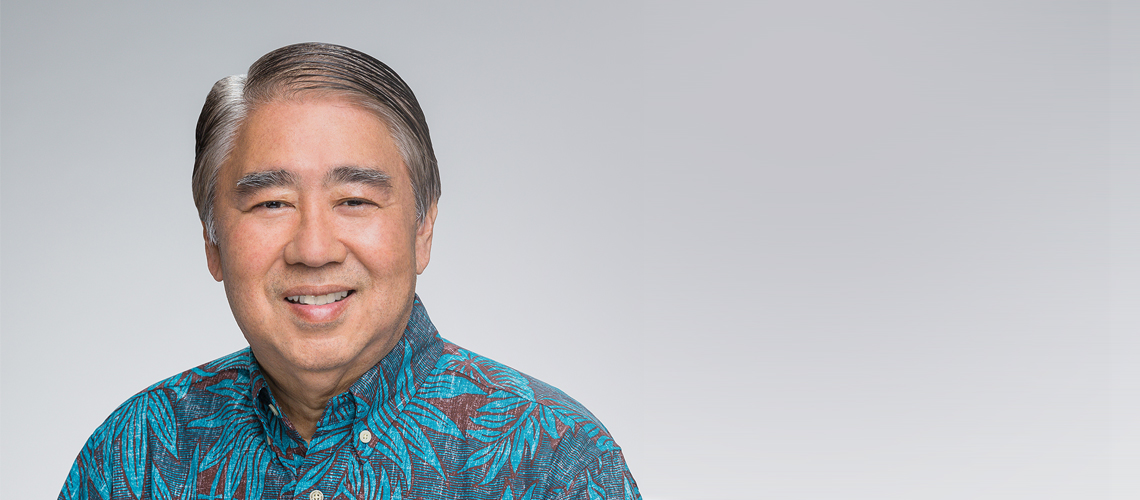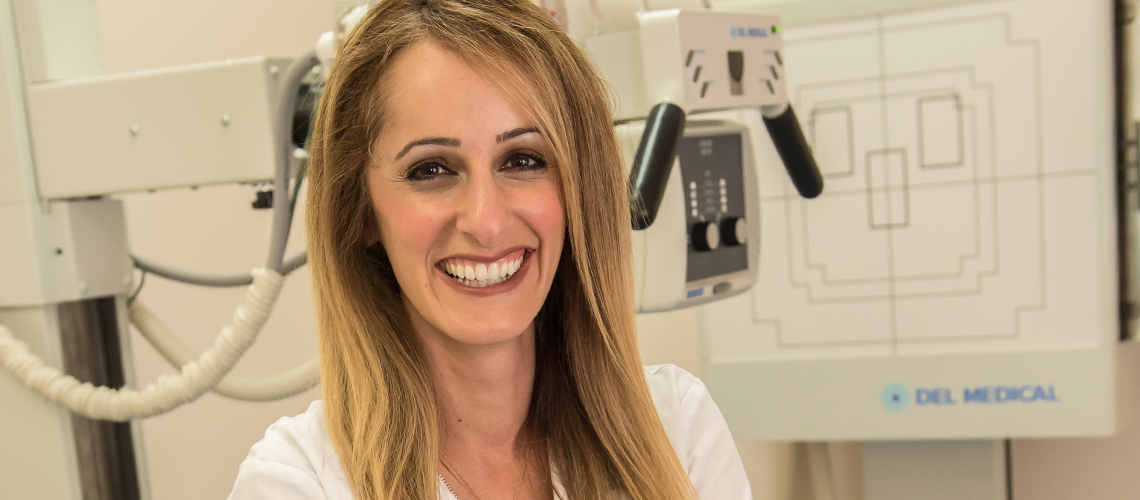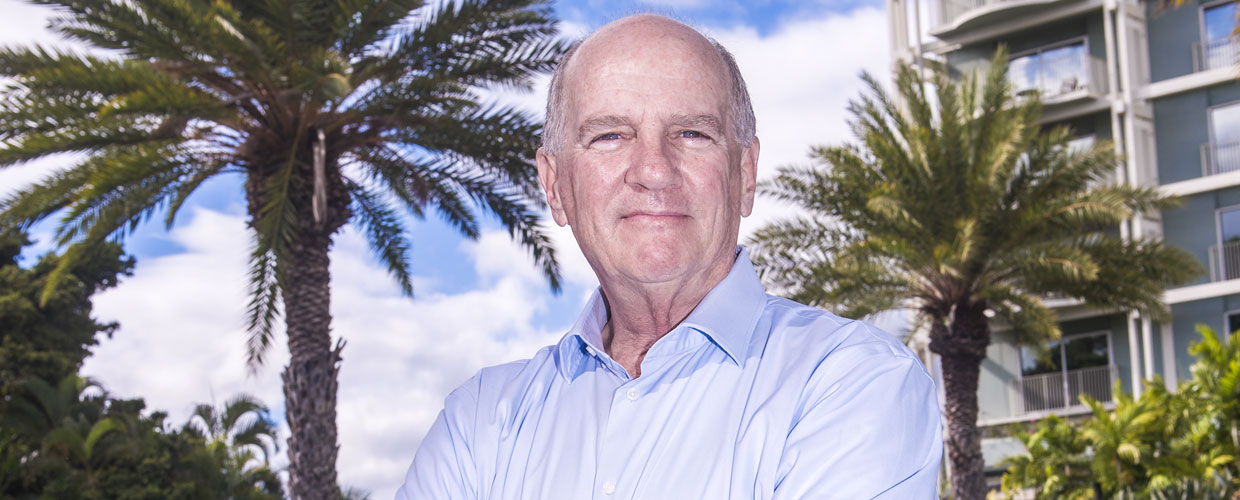
Daryl Kurozawa, M.D.
How has information technology changed the health care industry in Hawai‘i?
Developments in information technology have had significant positive impacts on the quality of care we provide as well as access to care and convenience for patients. At Kaiser Permanente, our technology has greatly improved our communication behind the scenes. For example, our electronic medical records system allows our physicians to conduct virtual consults with specialists, called “chart reviews.” This is a quick way for primary care providers to get another expert opinion, often eliminating the need for an extra office visit or referral.
We’ve also been doing a lot of work with various telehealth platforms to improve access, especially for those on the neighbor islands. Through teledermatology, our primary care physicians can send photos of suspicious rashes to a dermatologist, who makes recommendations for care within 48 hours. This has helped to prioritize the most concerning cases, so those patients get seen faster. We’ve also piloted integrated video visits that allow members to do certain types of video appointments, such as follow-ups, via their cell phones and other devices. We also help our members manage their care by giving them access to test results and other information in their medical record.
Why has Kaiser Permanente invested so heavily in electronic medical records?
The electronic medical record supports integrated care at Kaiser Permanente by connecting primary care physicians, specialists, pharmacists, nurses and others on the care team in ways that are centered around the patient. This constant and consistent communication makes for safer, higher-quality care.
We’re also able to customize the electronic medical record to do things like automatically notify our doctors when a member misses an important cancer screening or remind a primary care physician of a new evidence-based guideline that will result in better care for the patient. As new medical research emerges, we’re able to upgrade these alerts and reminders to constantly improve the standard of care.
Are we on par with the rest of the nation and the world in implementing new technologies?
Unfortunately, Hawai‘i’s innovation economy continues to rank among the bottom third of states—we’re number 38 in the 2016 State Science and Technology Index. Hawai‘i has a significant number of incubators and accelerators but has struggled to demonstrate enough available funding in the islands to support the commercialization of all these ideas. I’m delighted by recent efforts to further encourage innovation startups at the University of Hawai‘i, and I think our state would greatly benefit from more grassroots and institutional efforts to enhance mentorship opportunities and leadership development programs for local tech entrepreneurs.
I also do a lot of work with the American Cancer Society, and we’ve been fortunate to see great advances in certain cancer treatments over the last decade, including better access to clinical trials. It’s important that patients and their families are able to afford these treatments, but the costs of some of these drug therapies are rather staggering. Some patients will skip doses or delay filling prescriptions because of this. That’s why it’s critically important that we all have access to high-quality, affordable health coverage.
How have trends within the work force influenced the health care industry?
The average age of Hawai‘i’s physicians is 55, compared to the U.S. average of 51, according to reports from the University of Hawai‘i. With a local physician shortage of as many as 700 full-time equivalents, losing a larger number of our experienced physicians to retirement poses a real threat.
One of the things we did to begin addressing this concern was to launch our own internal medicine residency program at Kaiser Permanente Hawaii. We now have 15 residents in the program and emphasize clinic-based care. Our hope is that these emerging physicians will seek to continue their practice in the islands after their residency training.
Kaiser Permanente is also building a brand-new school of medicine that’s scheduled to open in Pasadena, California, in 2019. We’d like those students to be able to do rotations in our clinics in Hawai‘i so they can become accustomed to the exceptional experience of practicing medicine in the islands.
What other dynamics have changed the business of health care in Hawai‘i?
Increased globalization has accelerated the spread of exotic diseases and illnesses to create widespread public health challenges. We have had several recent examples of this in Zika and rat lungworm disease. Hawai‘i’s location at the crossroads of the Pacific means local health care providers must be even more vigilant and well prepared for these scenarios, including investments in infectious disease expertise, equipment and collaborative systems across medical facilities.


